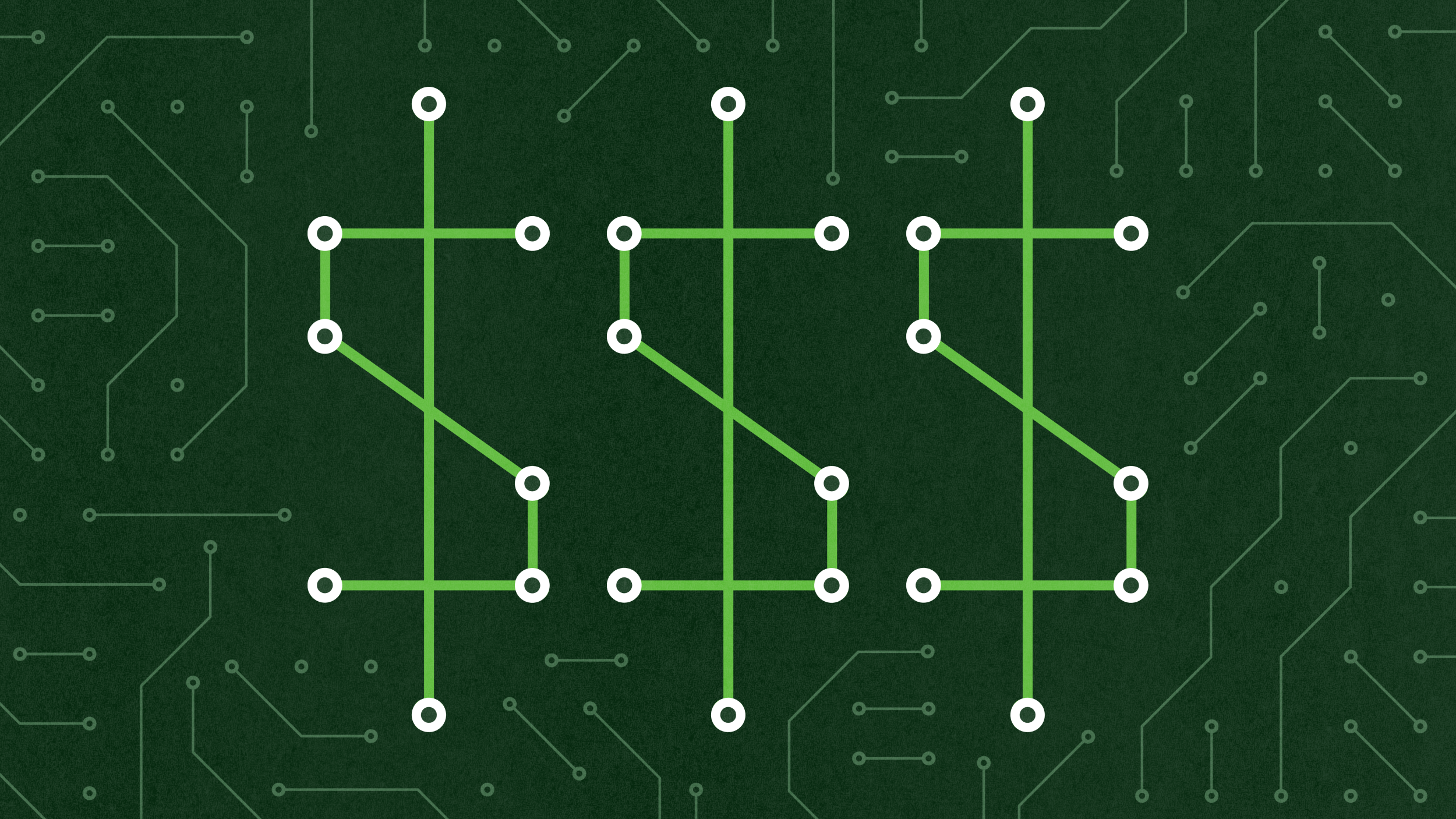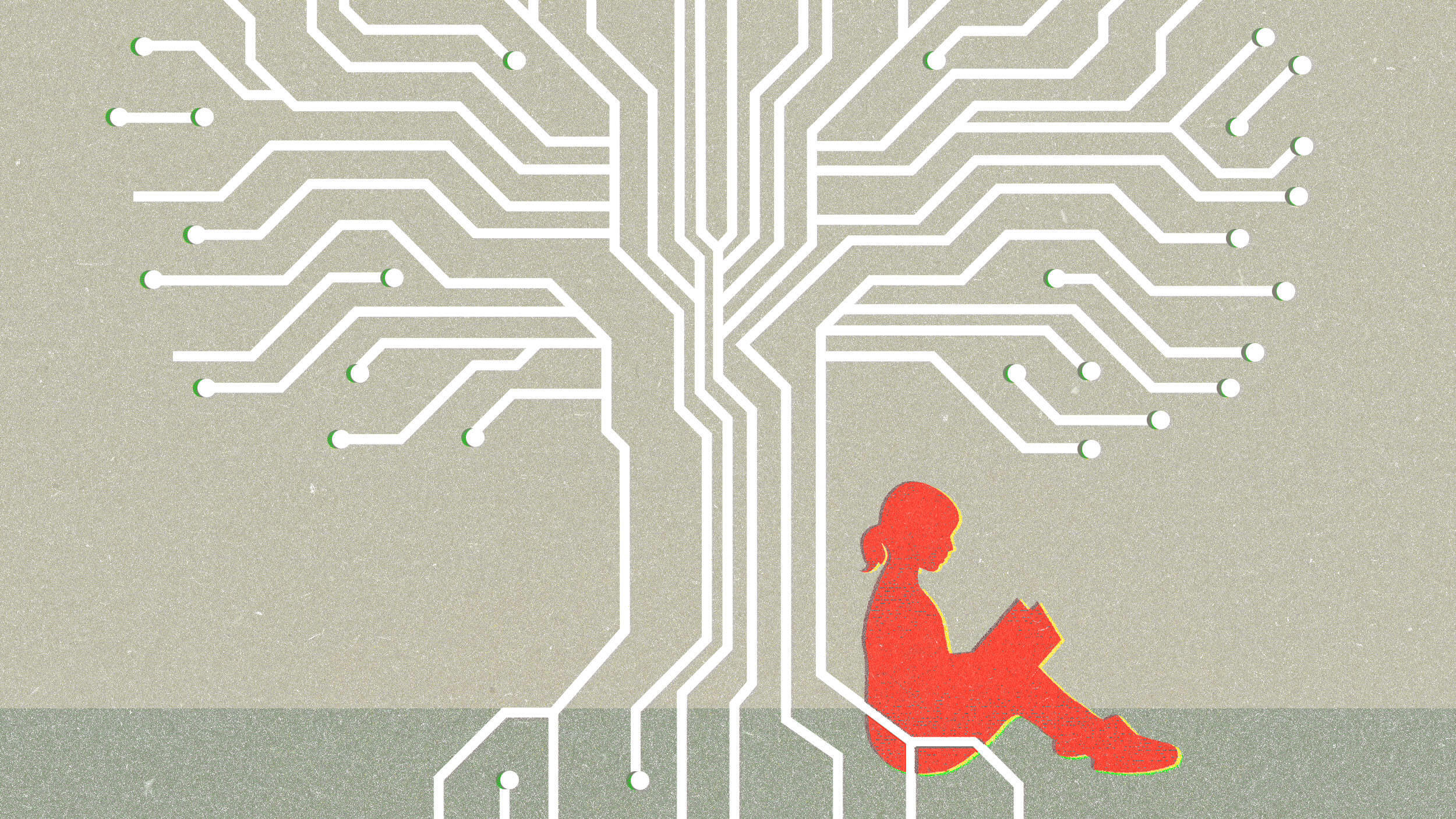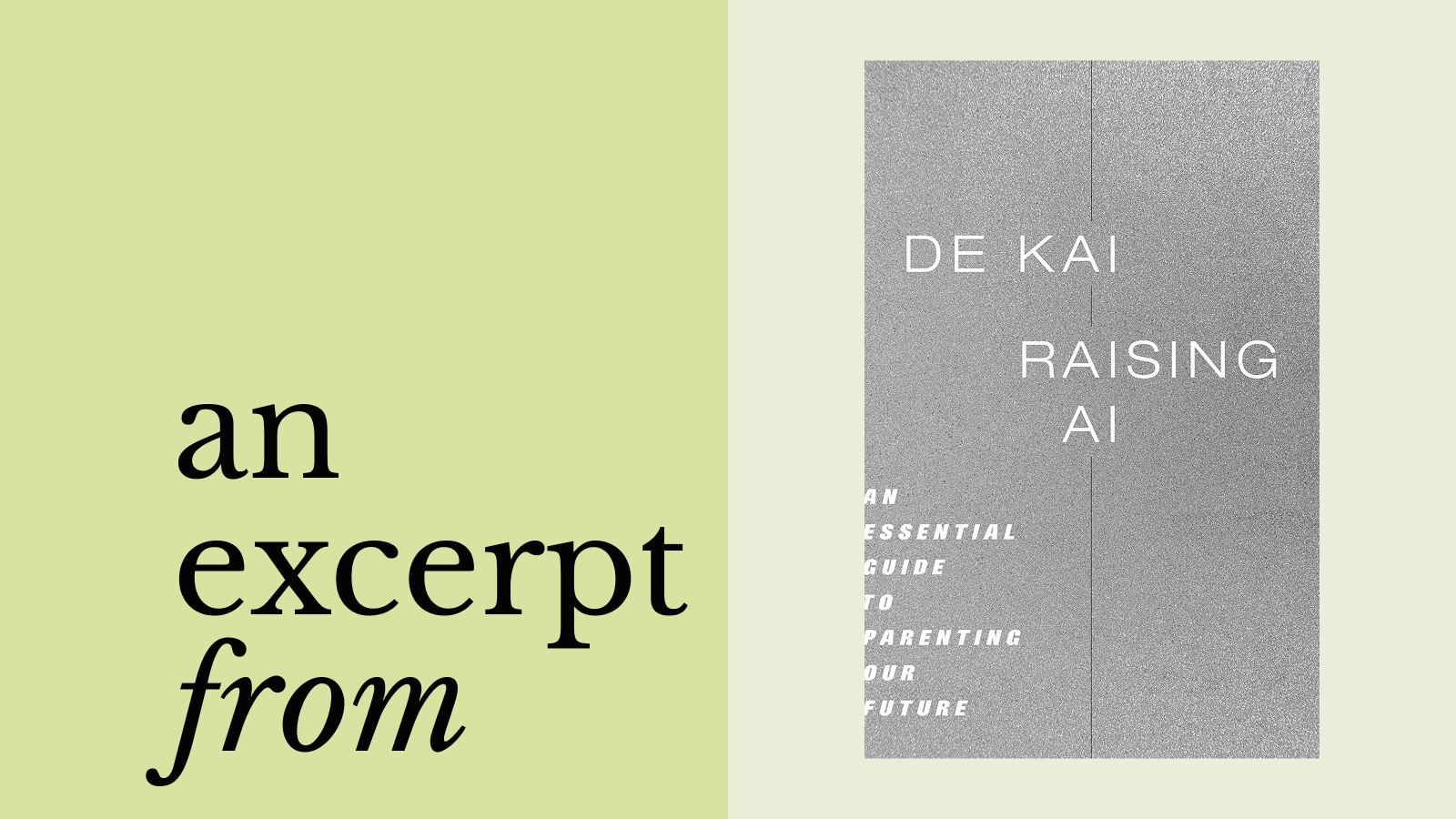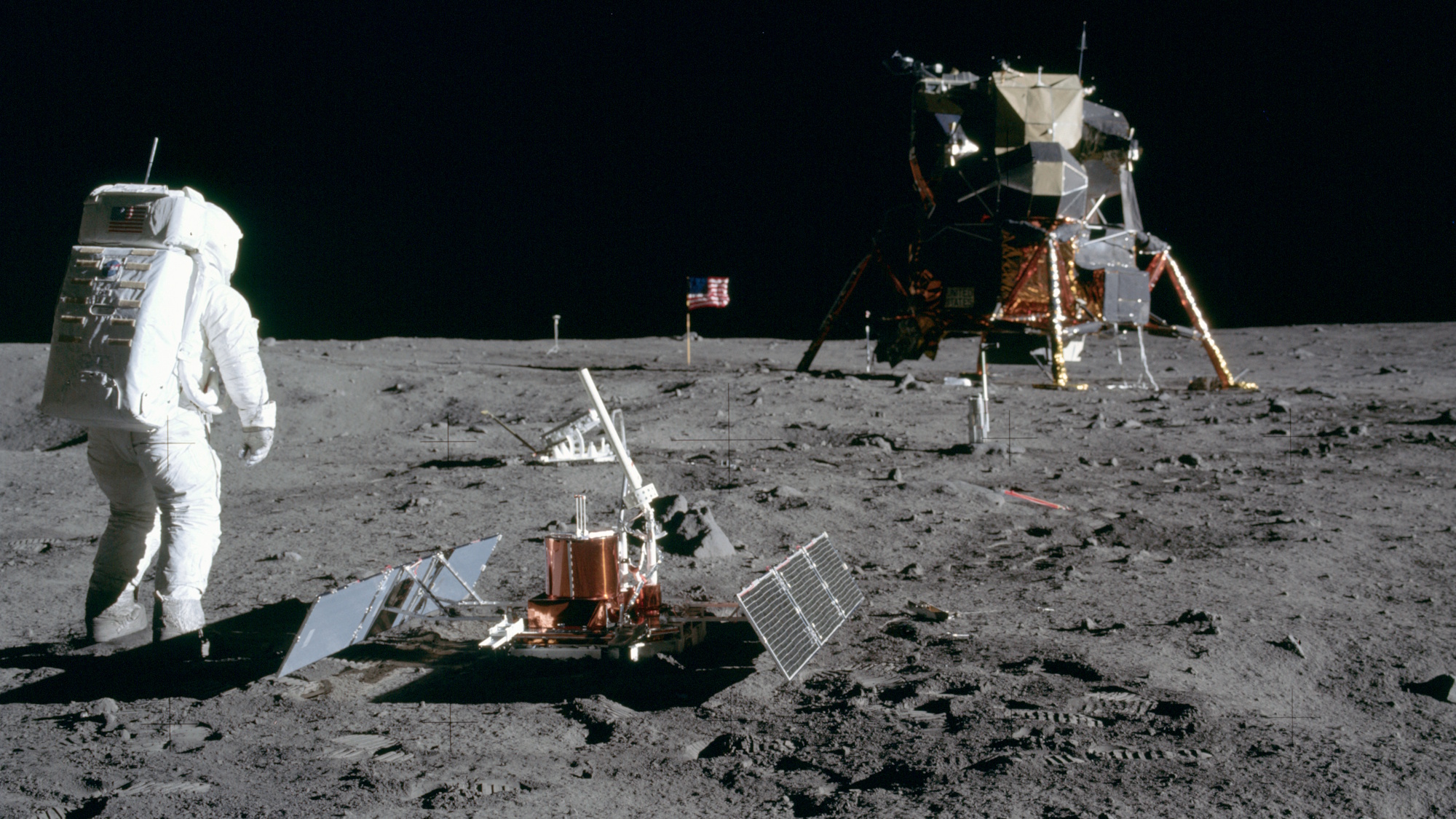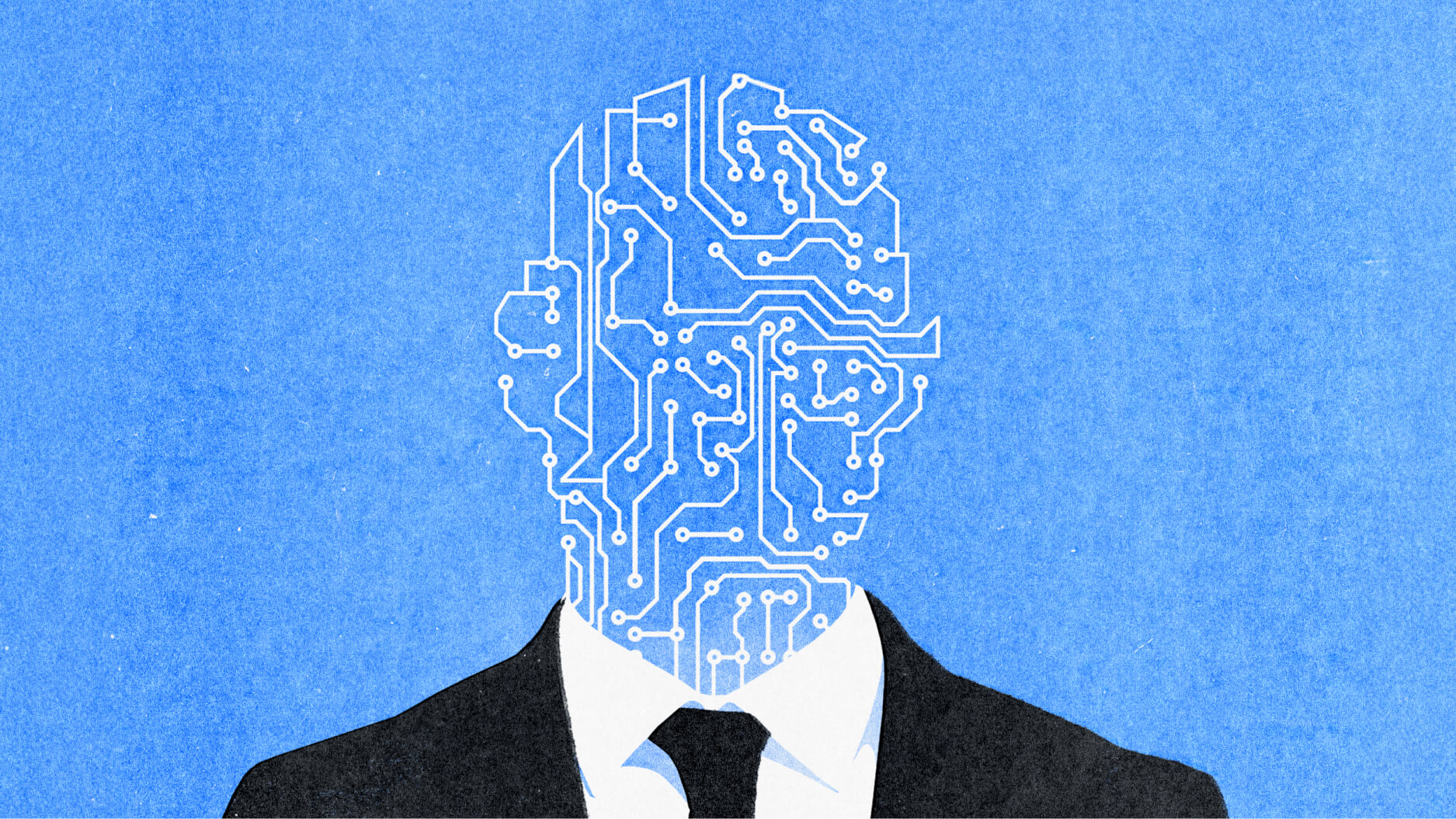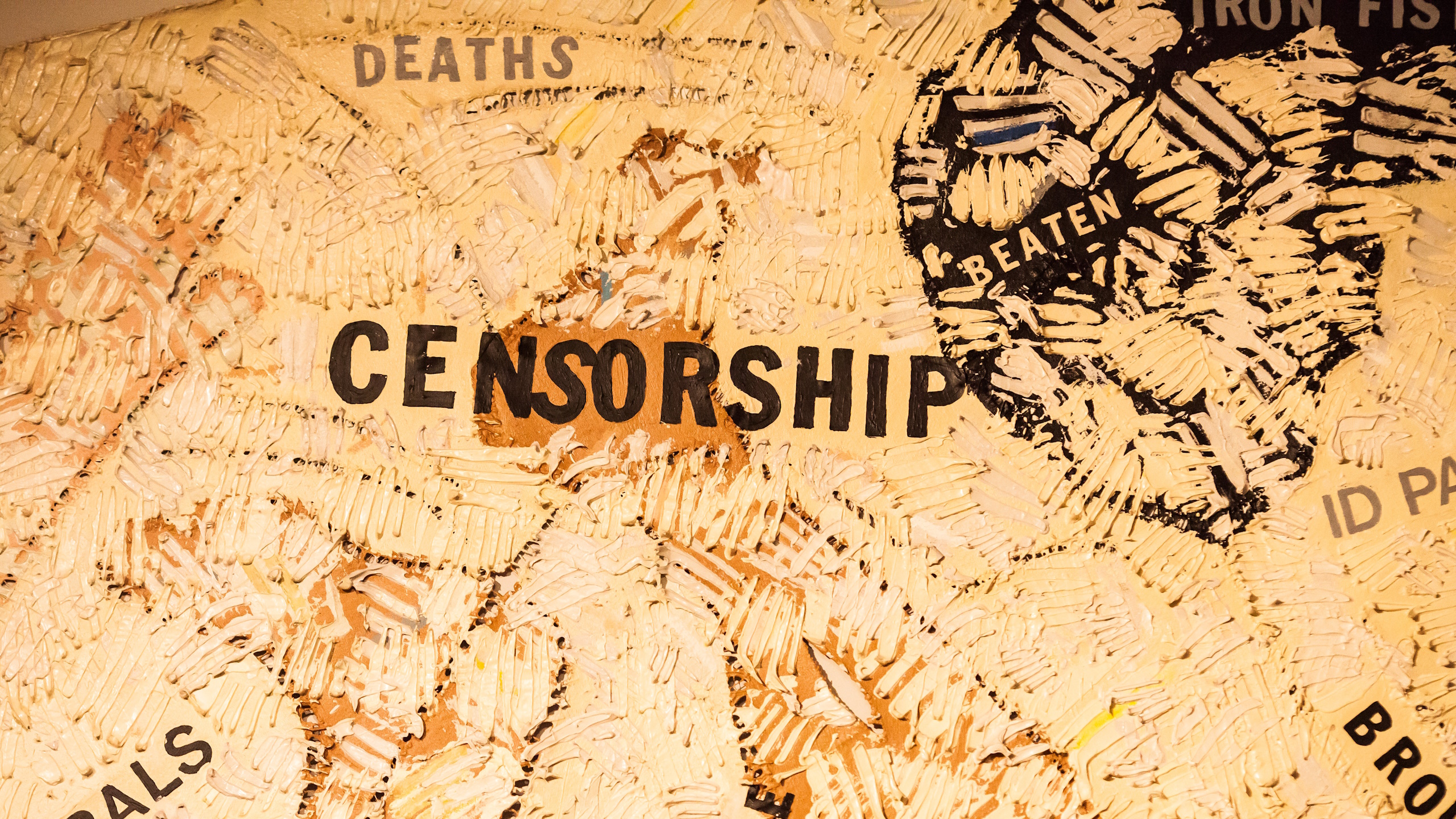Current Events
In “We the People,” Harvard historian Jill Lepore examines how the U.S. Constitution became unamendable and its implications for the health of the democracy.
In this excerpt from “Governing Babel,” John Wihbey explores how AI is reshaping online moderation by offering tools that can help human moderators, but also raises the risk of disinformation and digital chaos.
A firsthand look at China’s material progress and clean-tech revolution — and what could happen if we let an authoritarian state steer AI’s future.
Behind the plateau in corporate AI lies a surge in personal and agentic use.
Brian Gumbel — President and Chief Operating Officer (COO) at Dataminr — explores the cutting edge of real-time information analysis.
In “On Liberalism,” Cass Sunstein argues that liberalism can only endure if we reclaim its core commitments and revive its spirit of freedom and hope for the future.
In “That Book Is Dangerous,” author Adam Szetela examines the rise of the “Sensitivity Era” in publishing and how outrage campaigns try to control what books authors can write and readers can read.
Our minds crave simple, linear narratives. But society rarely follows a straight line.
“The rise of the internet brought about similar fears, yet it ultimately made learning richer and more accessible.”
For his new book, “The Ghost Lab,” Matt Hongoltz-Hetling spent time with paranormal investigators to understand their relationship with science and society.
The veteran economist joins Big Think to unpack the new rules of social media, explain tariffs, and recount his adventures in Albania.
In “Raising AI,” De Kai argues that today’s AIs are already more like us than we think they are.
The platform is a digital Royal Society for today’s greatest minds — and it could play an essential role in shaping the next civilization.
After drastic cuts to the NIH, the FDA, the NSF, and the DOE, NASA science faces down its smallest budget ever. All of society will suffer.
In theory, scientists could’ve produced a deadly virus that accidentally infected lab workers. In practice, we know that didn’t happen.
How much can you know about someone from a single belief?
By weaponizing the global economy, the U.S. initiated a new era of economic warfare and transformed how major powers compete.
A new bill introduced into the US Senate claims to make us safer. Instead, it would destroy all virology research, and for no real cause.
Conversational AI agents will have a major advantage over human salespeople.
Timothy Caulfield, a leading science communicator, discusses the challenges of combatting misinformation in an age of information overload.
Migration statistics should be regarded with wariness as they are difficult to analyze properly and easily manipulated for political gain.
Retrofitting America’s aging dams for hydropower — while removing ecologically harmful ones — may be a productive path forward.
“It’s only natural for us to get America back,” quipped Kim Kielsen, former prime minister of Greenland, in 2019.
Do we really need to be religious to run a society well?
With a flurry of threats to scientists, science funding, and health policy, the USA now faces a crisis reminiscent of Soviet-era Lysenkoism.
Effective leadership requires long-term strategy — not tactical reactions.
New telescopes, radio dishes, and gravitational wave detectors are needed for next-generation science. Will the USA lead the way?
In many ways, the rising anti-phone fervor in schools mirrors moral panics of the past.
Featuring SpaceX’s “Mechazilla,” a first-of-its-kind spacewalk, and more.
With undersea cables, AI education, and more, the tech giant is helping create Africa’s “digital decade.”



